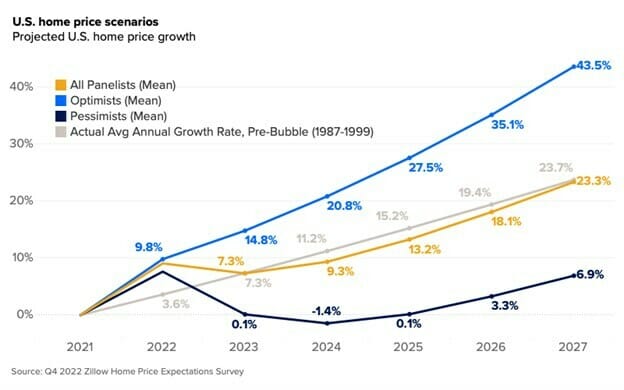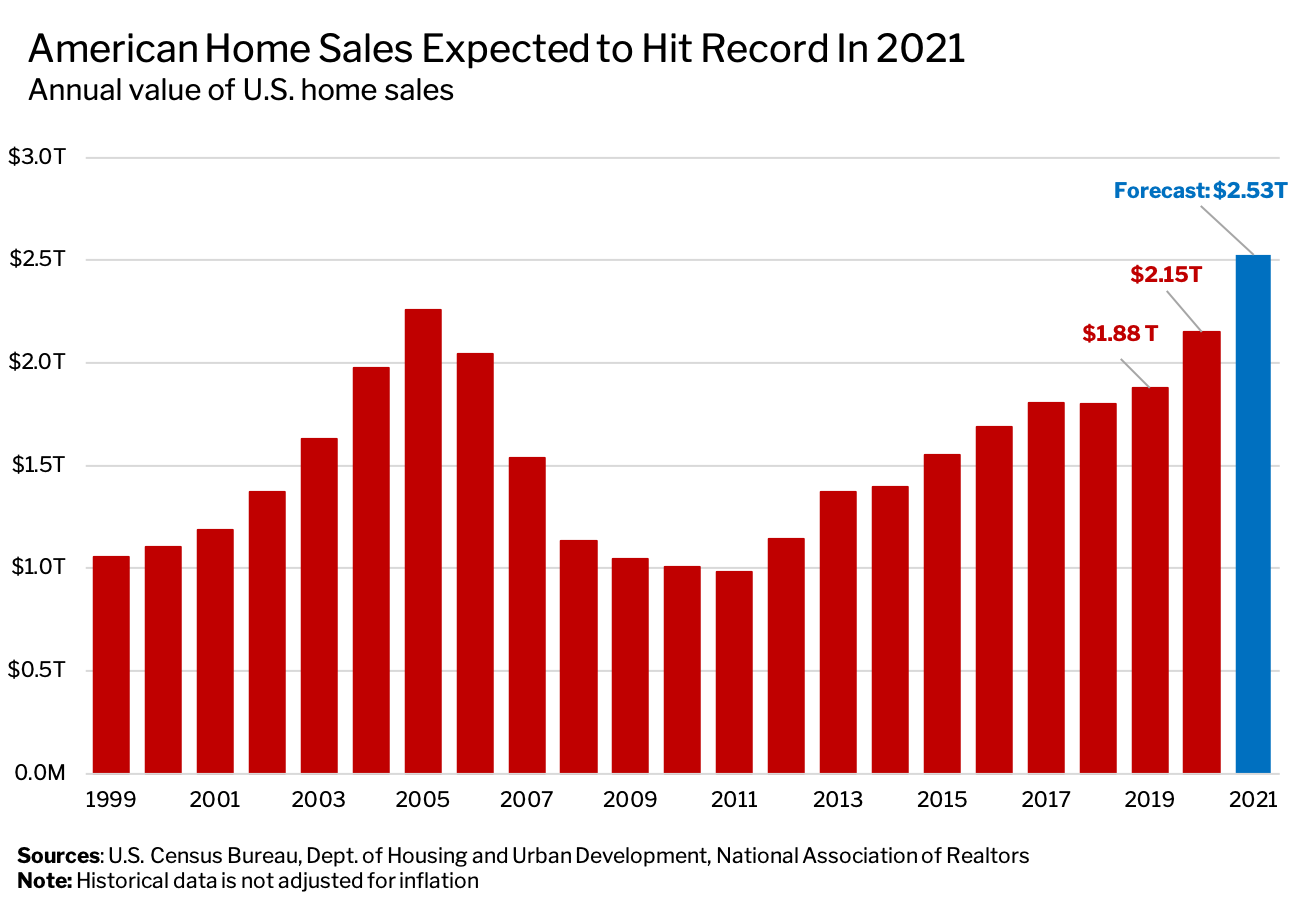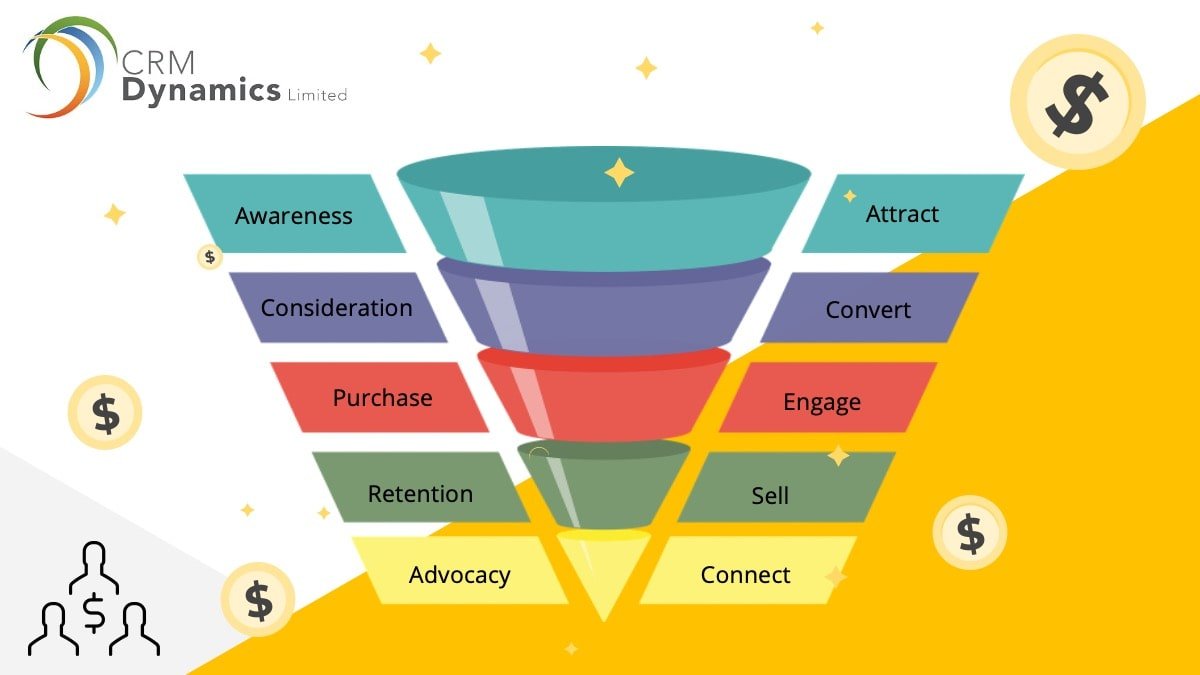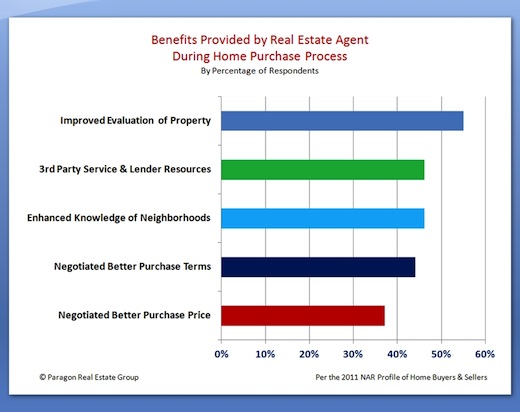Understanding the Dynamics of Home Sales in Arizona: A Comprehensive Guide
Related Articles: Understanding the Dynamics of Home Sales in Arizona: A Comprehensive Guide
Introduction
With enthusiasm, let’s navigate through the intriguing topic related to Understanding the Dynamics of Home Sales in Arizona: A Comprehensive Guide. Let’s weave interesting information and offer fresh perspectives to the readers.
Table of Content
Understanding the Dynamics of Home Sales in Arizona: A Comprehensive Guide

Arizona, a state renowned for its diverse landscapes, vibrant culture, and favorable climate, has experienced a significant surge in home sales in recent years. Understanding the nuances of this dynamic real estate market is crucial for both potential buyers and sellers. This comprehensive guide delves into the key factors influencing home sales in Arizona, providing insights into trends, market conditions, and valuable resources for informed decision-making.
Factors Influencing Home Sales in Arizona
Several factors contribute to the dynamic nature of the Arizona real estate market, shaping trends and impacting sale prices. These include:
1. Population Growth and In-Migration:
Arizona’s population has consistently grown over the past few decades, driven by factors such as favorable climate, job opportunities, and a relatively low cost of living compared to other states. This influx of residents has created a robust demand for housing, pushing prices upward.
2. Economic Growth and Job Creation:
Arizona’s economy has diversified in recent years, attracting businesses in sectors like technology, healthcare, and manufacturing. This economic growth has fueled job creation, further contributing to population growth and housing demand.
3. Favorable Climate and Lifestyle:
Arizona’s sunny weather, outdoor recreational opportunities, and low humidity make it a desirable location for many. This lifestyle appeal attracts retirees, families, and individuals seeking a change of pace, contributing to the high demand for housing.
4. Infrastructure Development and Amenities:
Arizona has invested heavily in infrastructure development, improving transportation networks, expanding healthcare facilities, and enhancing educational opportunities. These improvements make the state more attractive to residents and businesses, further boosting the real estate market.
5. Housing Inventory and Supply:
The availability of housing inventory plays a crucial role in determining market conditions. When supply outpaces demand, prices tend to decline. Conversely, a shortage of available homes can lead to bidding wars and rising prices.
6. Interest Rates and Mortgage Availability:
Interest rates and mortgage availability directly impact affordability and purchase power. Lower interest rates make homeownership more accessible, stimulating demand. Conversely, higher interest rates can make mortgages more expensive, potentially slowing down the market.
7. Local Market Conditions:
While statewide trends provide a general overview, local market conditions can vary significantly. Factors like specific neighborhoods, school districts, and proximity to amenities can influence home values and sales activity.
Analyzing Home Sales Data in Arizona
Understanding the trends and dynamics of the Arizona real estate market requires analyzing data from various sources, including:
1. Real Estate Listing Websites:
Websites like Zillow, Redfin, and Realtor.com provide detailed information on property listings, sales history, and market trends in specific locations.
2. Local Multiple Listing Services (MLS):
MLS databases provide comprehensive data on properties listed and sold in a specific area, offering insights into pricing trends, inventory levels, and market activity.
3. Real Estate Market Reports:
Local real estate associations and industry experts publish regular reports analyzing market conditions, trends, and forecasts. These reports can provide valuable insights into the overall health of the market.
4. Government Data Sources:
Government agencies like the U.S. Census Bureau and the Arizona Department of Housing provide demographic data, housing statistics, and economic indicators relevant to the real estate market.
Navigating the Arizona Real Estate Market: Tips for Buyers and Sellers
For Buyers:
- Conduct thorough research: Understand the specific area, local market conditions, and potential risks before making an offer.
- Secure pre-approval for a mortgage: This demonstrates your financial readiness to potential sellers and streamlines the purchase process.
- Work with a knowledgeable real estate agent: An experienced agent can provide guidance on negotiating offers, identifying potential issues, and navigating the complex process of home buying.
- Be prepared to act quickly: The Arizona market is competitive, and desirable properties often receive multiple offers. Be prepared to make a timely decision and offer a competitive price.
For Sellers:
- Partner with a skilled real estate agent: An experienced agent can help you price your property competitively, market it effectively, and manage the entire sales process.
- Prepare your home for showings: Enhance curb appeal, declutter, and make necessary repairs to maximize the appeal of your property to potential buyers.
- Be realistic about pricing: Overpricing your home can deter potential buyers and prolong the sales process. A well-informed agent can help you determine a fair market value.
- Be prepared to negotiate: Negotiations are a common part of the real estate process. Be open to reasonable offers and compromise to reach a mutually beneficial agreement.
FAQs about Home Sales in Arizona
Q: What is the average home price in Arizona?
A: The average home price in Arizona varies depending on the location, size, and condition of the property. However, as of [insert current date], the average home price in the state is approximately [insert average price data].
Q: Is it a good time to buy a home in Arizona?
A: The current state of the real estate market is dynamic and subject to change. It’s essential to consult with a real estate professional to assess current market conditions and determine if buying is the right decision for your specific circumstances.
Q: What are the major factors influencing home prices in Arizona?
A: Home prices in Arizona are influenced by a combination of factors, including population growth, economic conditions, interest rates, housing inventory, and local market conditions.
Q: What are the most desirable areas to buy a home in Arizona?
A: The most desirable areas to buy a home in Arizona vary depending on individual preferences and priorities. Some popular locations include Phoenix, Scottsdale, Tucson, and Flagstaff, each offering unique amenities and lifestyles.
Q: What are the potential risks of buying a home in Arizona?
A: As with any real estate market, there are potential risks associated with buying a home in Arizona. These include fluctuations in home values, potential natural disasters, and the availability of employment opportunities.
Conclusion
Understanding the dynamics of the Arizona real estate market is crucial for making informed decisions about buying or selling a home. By analyzing data, staying informed about market trends, and seeking professional guidance, individuals can navigate this dynamic market effectively. With careful planning, research, and a strategic approach, both buyers and sellers can achieve their real estate goals in Arizona.








Closure
Thus, we hope this article has provided valuable insights into Understanding the Dynamics of Home Sales in Arizona: A Comprehensive Guide. We thank you for taking the time to read this article. See you in our next article!